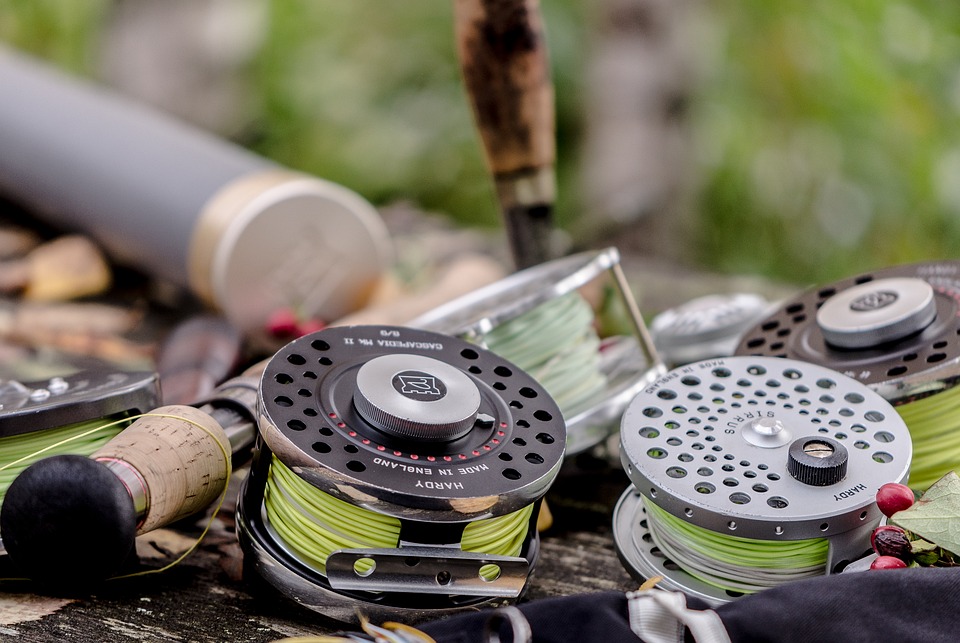
When I was seventeen, I drove to Missoula, Montana, to learn how to fly-fish. The town is one of the best places to fish in the country. Rivers with names like the Bitterroot and Blackfoot crisscross the valley harboring trout the size of walruses. I spent that summer learning to cast and looking for the eddies and pools where fish might be lurking. I tried a thousand different flies and a hundred different rivers, and though I tensed my entire body to be ready for a strike, though I was living with a friend who made his living as a fishing guide, in three months I didn’t catch a single fish. Not one.
LINK (via: the Paris Review)






Yes. More about Walton, a 17th Century Gear and Bait Fisher for British Coarse (Rough or Trash) Fish, a social conservative in a time of great change and a man with a Painted Lady Problem, here:
https://www.the-tls.co.uk/articles/public/izaak-waltons-complete-compleat-angler/
Some things never change.
It was the pioneering angler Charles Cotton who provided the flyfishing content in The Compleat Angler; Walton did, say, the alehouse milkmaid and her mother musings and the “No man can lose what he never had” (a hooked fish lost) cod philsosophy.
Angling the world over would be lot poorer without him, though.
I’m having Nun of that. Walton and Cotton were preceded by around 150 years by Dame Juliana Berners Prioress of St, Albans in her “A Treatyse of Fysshynge wyth an Angle” that contained references to fly-fyshing and flies.
Trout fishing is intrinsically linked with the noble art of fly-fishing, a practice that can be traced back at least to the 2nd century AD in Macedonia. According to John Waller-Hills ‘The History of Fly Fishing for Trout’ there is a thousand year gap before the next written passages concerning fishing were recorded, almost all of them French in origin. Between the signing of the Magna Carta and the Battle of Agincourt there are eight known works about fishing, only two of which were written in England. One of these was written in Norman French and the other, the earliest English book on hunting and fishing; ‘The Master of the Game’ is actually translated from a French work. We have to wait another 200 years for another English book on angling and even then it has its roots firmly in ‘The Master of the Game’ as was Dame Juliana Berner’s subsequent ‘The Boke of St. Albans’ which was in turn plagerised by a certain Isaac Walton, and so on…..